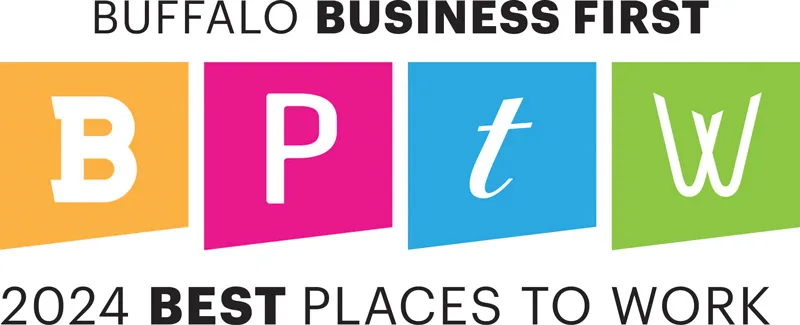Brian Shonat, Goodroot’s area vice president of business development, recently joined Spencer Smith on the Self-Funded with Spencer podcast to talk AlignRx, PBM contracts, specialty drugs and more. Below are some of the highlights of what Brian had to say during the hour-long chat.
Listen to the full episode on the Self-Funded with Spencer podcast.
On self-funding: “Be curious and just don’t accept the status quo. Especially if you’re either considering going self-funding for the first time or if you are self-funded, and you haven’t looked at your PBM arrangement, reach out to us. There’s always something we can improve on. … Working with an expert that is going to help you in this specific field, we’re happy to be in this space because most employers are happy accepting a single-digit increase in their renewal. That’s just kind of status quo. If you can get it from double digits to single, it’s amazing. We’re giving employers 20 to 30 percent decreases. We can really be the antithesis of what is normal in the market.”
On pharmacy spend: “A lot of people in the self-funded space are just overlooking pharmacy. Ten years ago, pharmacy used to be 5-10 percent of the overall spend. And now, in a lot of cases, it could be 50 percent. Working with a pharmacy consultant like AlignRx is really having a pharmacy expert at your disposal that’s helping you mitigate all these different solutions.”
On the approach: “We’re completely agnostic in our approach. Yeah, we have these pre-negotiated deals, but we can go to any and all PBMs. And one of the ways that’s really hard for employers to get help in this space where our consulting team excels, is if you’re locked into a bundle deal. A lot of the BUCAs either own their own PBM or they partner with one PBM only. And it’s very difficult, or impossible in a lot of cases, to actually break out from that solution. So in the event you’re an employer group and you’re with one of those carriers and you’re unable to leave XYZ PBM, because it’s their solution, or there’s a $10 carve-out fee, we actually have the ability to go in and negotiate with that PBM. So the group doesn’t get a penalty. They’re not leaving the PBM, they’re staying as is.”
On working with PBMs: “A lot of PBMs know us as the friendly consultant, because our goal isn’t just to carve the group out. If that’s the right solution, if it’s the best path for them and it makes most sense, we’re absolutely going to do that. But our goal is to remain agnostic and just help every employer out in the best way for them.”
On what’s important in PBM contracts: “Contract terms and conditions are way more important than the numbers. So we have this conversation every day with people that aren’t versed in this, and the pharmacy space wants you to think this way. Look at the AWP discounts, look at the rebates, that’s what your focus should be on. Well, I could show you a chart of different discounts and brand rebates and say, which one is better? And the answer is, you don’t know. Because what is defined as a rebatable drug on this PBM solution? How do they market multisource brands versus single-source generics, etc. So, really, the strong terms and conditions are what defines our contracts.”
On growth: “CoeoRx and AlignRx are in a really good spot to keep growing because the coalition is fluid. We’ve had PBMs that were in the coalition that their model no longer fit modern day, so we no longer carry them in place. We’ve had others join, and we’re really impressed by them. From some of the RFPs we’ve done through AlignRx, we want to market them; we think they’re doing a really good job.”
Listen to the full episode on the Self-Funded with Spencer podcast or watch the video.


